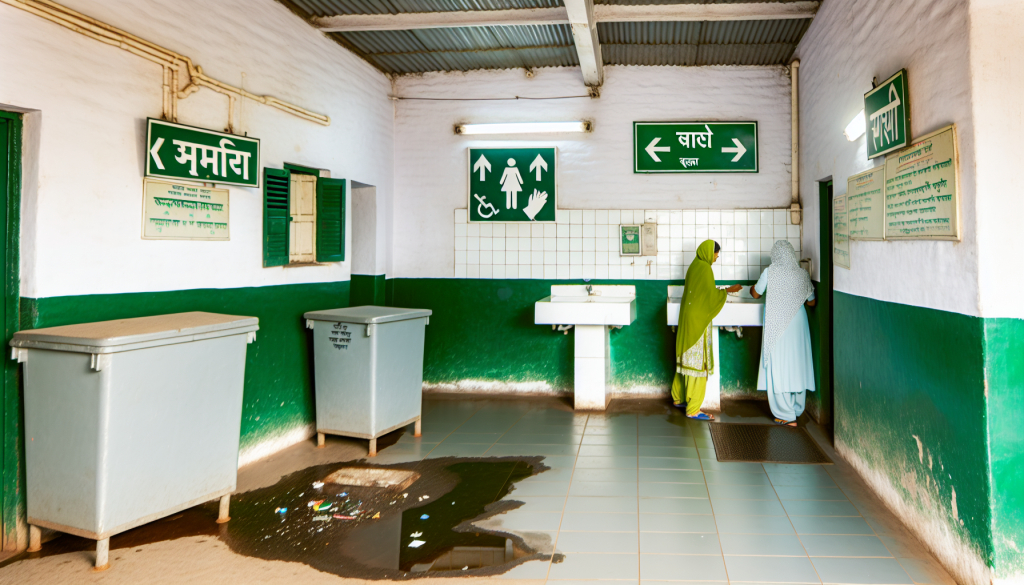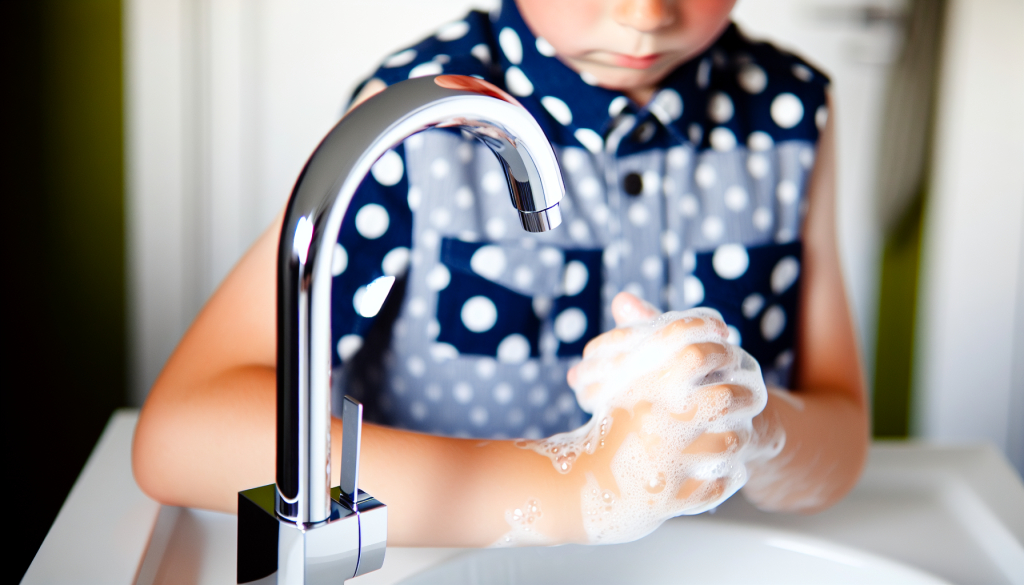Nations taking bold action, yet millions remain without essential health services — new WHO/UNICEF report cautions

More than 100 nations are working intensively to enhance essential services in health care facilities, as highlighted in the latest report from WHO and UNICEF titled Essential Services for Quality Care: Water, Sanitation, Hygiene, Health Care Waste and Electricity Services in Health Care Facilities. Progress includes setting national standards, conducting initial evaluations, and crafting strategies for long-term improvements. Despite this momentum, billions of people still rely on medical facilities that lack fundamental services. Greater action and funding are critical if the world is to meet global goals by 2030.
“Everyone receiving medical attention should do so in a clean, safe, and well-equipped environment. Without dependable access to water, sanitation, hygiene, proper waste disposal, and electricity, it becomes impossible to deliver adequate care or prevent infections. This puts countless lives in danger,” stated Dr. Ruediger Krech, Acting Director of the Department of Environment, Climate Change and Health at the World Health Organization. “The data reflect both progress and persistent gaps. To honor global commitments, governments and partners must urgently strengthen investments and ensure that health facilities become secure, sustainable, and resilient spaces.”
Key insights from the report include:
• In 2023, health care facilities serving approximately 1.1 billion people lacked basic water services. Around 3 billion had no access to basic sanitation, 1.7 billion were without hygiene services, and 2.8 billion relied on facilities with inadequate waste management systems.
• In 2022, close to 1 billion people were treated in facilities that either had no electricity (affecting 433 million) or only sporadic electricity supply (impacting 478 million).
• The level of commitment is increasing: By 2025, 101 countries reported verified information on water, sanitation, hygiene, waste, and electricity in health settings—more than twice the 47 countries that did so in 2020. This reflects growing global attention and coordinated actions.
• An increasing number of nations are initiating change: Over 80% have taken national-level steps, such as adopting new operational standards or carrying out baseline assessments. Notably, Least Developed Countries such as Ethiopia, Malawi, Nepal, Rwanda, and Uganda are demonstrating strong readiness to roll out critical improvements in service infrastructure.
• Funding remains a major challenge: While more than half of countries have approved national implementation plans, only 20% report having sufficient dedicated funds to carry out those measures.
The formal release of the report is scheduled to take place on 24 September at a high-level event at the United Nations Headquarters in New York. Organized by Hungary and the Philippines, co-chairs of the Group of Friends in Support of WASH in Health Care Facilities, the meeting aims to build upon the 2023 UN General Assembly Resolution focused on ensuring universal, sustainable, and safe access to water, sanitation, hygiene, waste management, and electricity in medical facilities. This event will bring together global leaders and stakeholders to drive momentum, close funding shortfalls, and ensure all medical facilities are equipped to provide reliable and respectful care.
Country progress overview available upon request.
For inquiries, contact:
WHO: [email protected]

